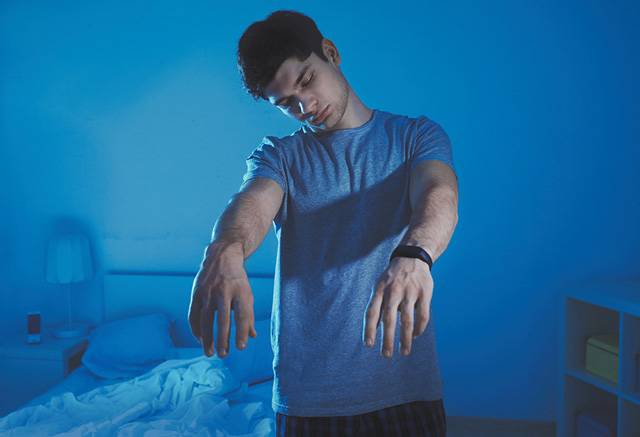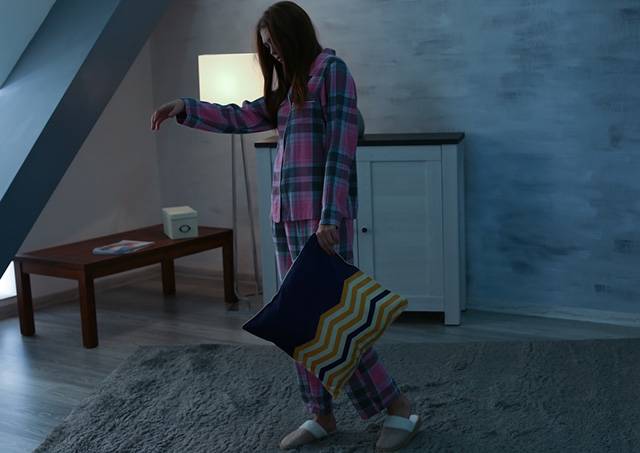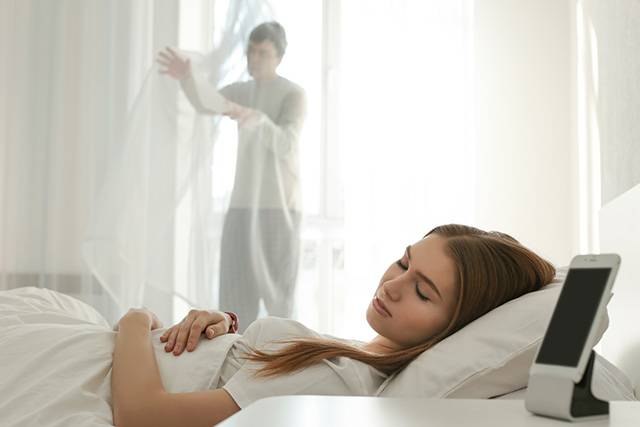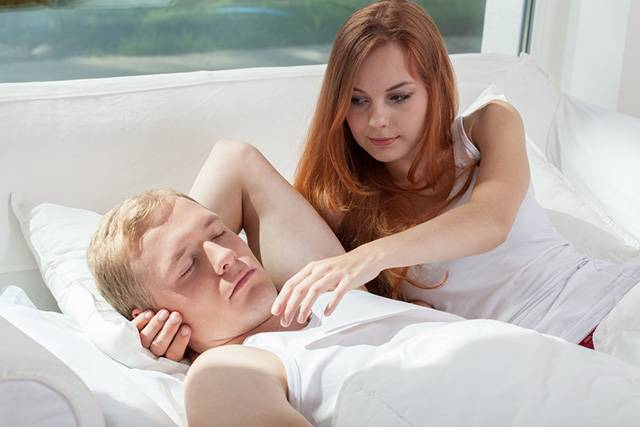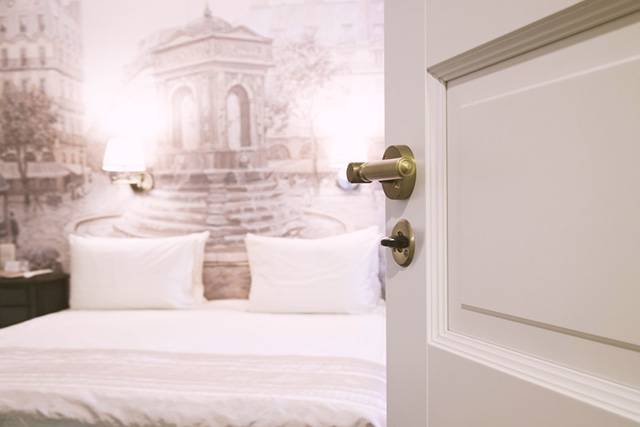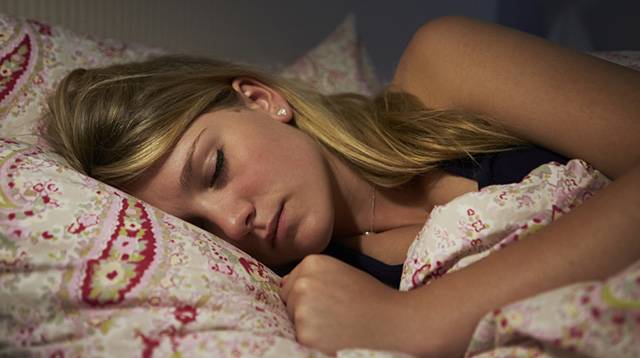Living with a sleep walker in your home can be frightening and frustrating at the same time. You worry that your loved one will get hurt or lost during nocturnal wandering while your own sleep patterns are disrupted with each episode. You want to make sure your loved one is safely in bed and go back to sleep, but you are afraid to wake a sleep walker up if it can lead to a bigger problem.
You might be interested in Everything You Need to Know About Sleep Myths
What Happens If You Wake Up A Sleep Walker?
According to the BBC, dangers associated with waking a sleep walker are myths. You’re not going to cause your loved one to suffer from a heart attack or drop into a coma when you wake him or her from a sleeping state. However, you may upset a sleep walker who is likely to become disoriented when woken suddenly someplace other than the bed.
What are the Dangers of Sleep Walking?
When someone sleep walks, there is the risk of injury from falls, using sharp objects, or actually wandering out the door. You cannot sit back and let a sleep walker go. If sleep walking happens often, you should consider speaking to your physician to look for possible solutions to the problem.
— Understanding Sleep Walking
According to WebMD, sleep walking occurs during the deepest phase of sleeping. It is considered a disorder that causes victims to be active while in a sound sleep, wandering around the bedroom, the household, or out the door. Everything a sleep walker does is occurring while completely unaware and it is not considered a dream state.
What Causes Sleep Walking?
Experts believe that sleep walking may be the result of sleep deprivation. Fevers, medications, and alcohol may also trigger episodes of a disorder that is most common for children, but affects adults as well. One of the most effective ways to deal with the problem is to establish a regular sleep routine that will promote positive sleeping habits.
What Should You Do About a Sleep Walker?
When you come across a sleep walker, the best thing you can do is try and guide the person to bed. Be gentle, tuck the individual in, and leave the sleep walker alone. You can try installing an alarm system across the door to alert you of further bouts of sleep walking.
— Attempting to Wake a Sleep Walker
In some cases, you may need to wake a sleep walker. If you feel that the risk is too high to leave a sleep walker alone or you cannot get the person back to bed, try using a loud noise to make the sleep walker become alert. If you shake the individual, you may find yourself at risk of injury.
— Make Your Home a Safer Environment
If you are dealing with sleep walking on a regular basis, take preventative measures to make your home safe for the victim. The Cleveland Clinic recommends that you make your home sleep walker proof in the same way that you protect a baby. Secure the car keys, lock away sharp objects, and make sure that all of your entrances are locked. An alarm and security monitoring system can be an extra measure of security.
— Consider Alternatives for Treatment
The National Sleep Foundation recommends intervention for this sleep disorder. Hypnosis has proven to be effective in treating sleep walking for some individuals. There are also medications that are beneficial in promoting a restful sleep that will keep a sleep walker in bed.
— Set the Stage for a Good Night’s Rest
You can do your part to keep episodes of sleep walking at a minimum by avoiding sources of irritation. Make sure the sleep walker has a cool, dark place to sleep every night and use comfortable bedding. A fan can provide background noise that is soothing, soft music may be helpful in creating an atmosphere that is conducive to sleeping, and a humidifier is recommended in order to ensure that the air is moist enough during the night.
— Seek Professional Help
If sleep walking becomes a serious problem and you fear for the safety of your loved one, you can seek out help at a sleep clinic to pinpoint the root of the problem. A sleep specialist can perform an in depth study of the individual’s sleep habits in a search for answers and treatment that is directed at the source of sleep walking.
There is the possibility that an underlying condition is causing your loved one to roam at night. Obstructive sleep apnea, an irregular heartbeat, asthma, seizures, post traumatic stress disorder, and restless leg syndrome are only a few disorders that have been linked to sleep walking.
How Can You Take Action Now?
- Keep a journal of sleep walking episodes to look for triggers
- Safeguard your home to protect the sleep walker
- Set up a regular routine every night before bed and stick to it
- Seek professional advice if you are not satisfied with results
Join the discussion and comment below.
